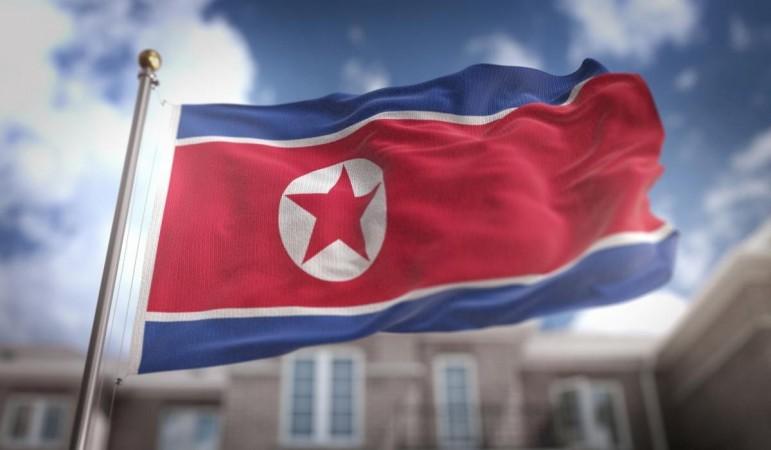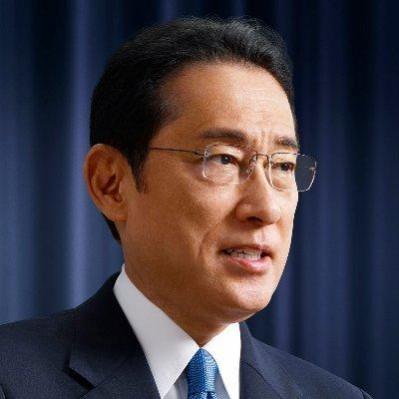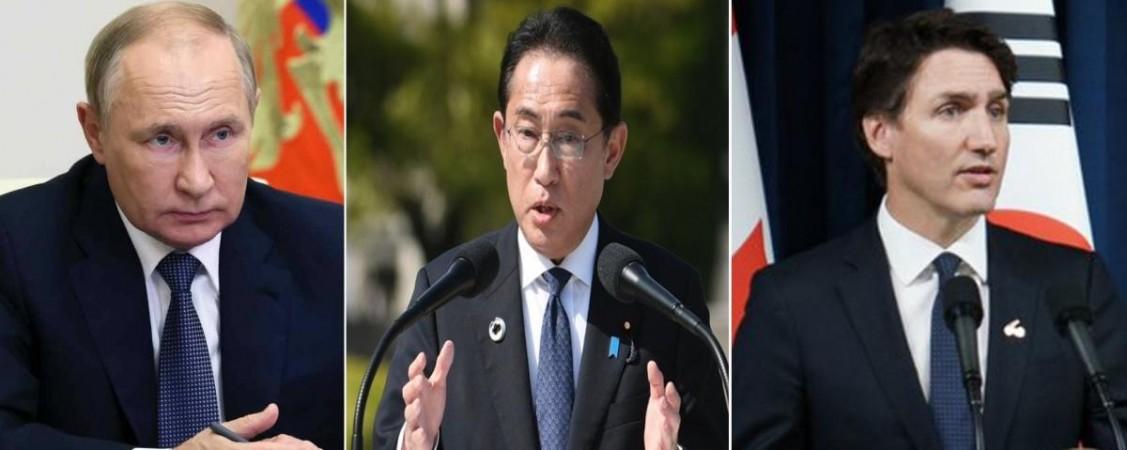
In a recent development that has sent ripples across the international political landscape, North Korea has vehemently criticized Japanese Prime Minister Fumio Kishida's visit to Germany. The visit, aimed at bolstering security cooperation in the Indo-Pacific region, has been labeled as a 'collusion' by the North Korean state media. The term 'collusion' is a strong indictment, suggesting a secretive agreement for deceitful purposes. North Korea's criticism is rooted in the historical context of World War II, where both Japan and Germany were aggressors and committed war crimes.
During Kishida's visit, Japan and Germany entered into an agreement to simplify the process of sharing food, fuel, and ammunition between Japan's Self-Defense Forces and the German military. This agreement, while seemingly innocuous and logistical in nature, has been interpreted by North Korea as a military collusion that could escalate regional tensions. The North Korean state media has reported this development with a tone of disapproval, highlighting the historical context of these two nations' defeat in World War II.
The timing of this criticism is significant, given the current global political climate. North Korea's denouncement comes amidst NATO's move to expand cooperation with countries in the Indo-Pacific region, such as South Korea and Japan. This expansion is seen as a response to Russia's prolonged war in Ukraine and the burgeoning ties between North Korea and Russia. North Korea's criticism, therefore, can be seen as a strategic move to counterbalance the perceived shift in global power dynamics.

The criticism also underscores North Korea's concern over Japan's increasing military ties with NATO. North Korea perceives this as a survival strategy by Japan, driven by its fears of a shrinking global power by the United States. This perspective provides a glimpse into North Korea's geopolitical calculations and its perception of the shifting global power dynamics.
This is not the first time that North Korea has voiced its disapproval of international alliances. The country has a history of denouncing international military exercises and alliances, viewing them as threats to its sovereignty and regional stability. For instance, North Korea has consistently criticized the annual military exercises conducted by South Korea and the United States, terming them as rehearsals for invasion.
In a similar vein, North Korea's criticism of Kishida's visit and the subsequent agreement between Japan and Germany can be seen as an extension of its longstanding stance against international military alliances. This stance is rooted in North Korea's historical experiences and its unique geopolitical position.

North Korea's criticism of Japanese Prime Minister Fumio Kishida's visit to Germany and the subsequent agreement between the two countries is a significant development in the international political landscape. It reflects North Korea's concerns over the shifting global power dynamics and its longstanding stance against international military alliances.
As the global political situation continues to evolve, it remains to be seen how these developments will impact regional stability and international relations. The world watches as these geopolitical chess moves unfold, each decision echoing in the halls of global diplomacy.

















